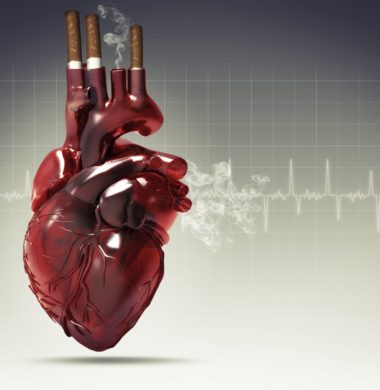Congestive Heart Failure Stages and Symptoms

Understanding Congestive Heart Failure
We see a lot of different cardiac issues in our offices, but one that we get the most questions about it congestive heart failure. CHF is a complex diagnosis and can often be accompanied by other diagnoses, and the bucket of what falls into CHF is bigger than many people assume. Today we’re going to take a closer look at the stages and symptoms of CHF. Knowing what to look for might just help reach an early diagnosis that can help you get the best treatment possible, no matter which stage you’re in.
Congestive Heart Failure Stages
There are four stages of congestive heart failure. Stage 1 is often known as Pre-CHF and can consist of heart disorders that are not directly related to CHF, or a weakness in the heart that is noticed but has not yet caused any symptoms. Patients with Stage 2 CHF might experience some symptoms but are otherwise still healthy. Often, these patients have existing heart complications but lack the symptoms that make it immediately clear that they are dealing with congestive heart failure. Stage 3 of CHF often includes symptoms that are experienced regularly, and patients in this stage may or may not be able to keep up with their regular, everyday tasks. Patients with Stage 4 CHF experience severe or debilitating symptoms, even while at rest.
Congestive Heart Failure Symptoms
Across all stages, the symptoms can be the same, though which ones present more often, and to what degree changes as you progress through CHF. Symptoms will also vary greatly depending on the stage and whether or not a patient has any other medical conditions that may exacerbate certain symptoms or make others go unnoticed. Some of the more common symptoms you’ll see include: swelling in the legs and feet due to excess fluid buildup, bloating, shortness of breath, fatigue, nausea, and chest pain.
What Can You Do?
Treatments will vary based on your diagnosis. Early stages may only require lifestyle changes and reduced workload, while later stages may require surgical intervention. The treatment that works best for you and your cardiac situation will also depend on any other or underlying medical conditions you are battling.
The thought of congestive heart failure can seem very overwhelming, and because the symptoms and stages can range so vastly, it can be hard to nail down what the right diagnosis and treatment plan is, but if you’re worried you may be dealing with CHF, please consult your cardiologist immediately. Additionally, you can contact us and our South Denver Cardiology Transitional Heart Failure Clinic, where it is our vision to improve the quality of life of patients across the spectrum of heart failure.
- Can I Shovel Snow with a Heart Condition? - March 18, 2024
- 6 Tips for Resuming Outdoor Exercise this Spring - March 11, 2024
- Early Signs of Heart Disease - February 26, 2024
Sign Up
As with any health concerns, your specific treatment program should be discussed thoroughly with your primary care physician as well as any specialists who may need to be consulted – like a cardiologist.
Sign Up
